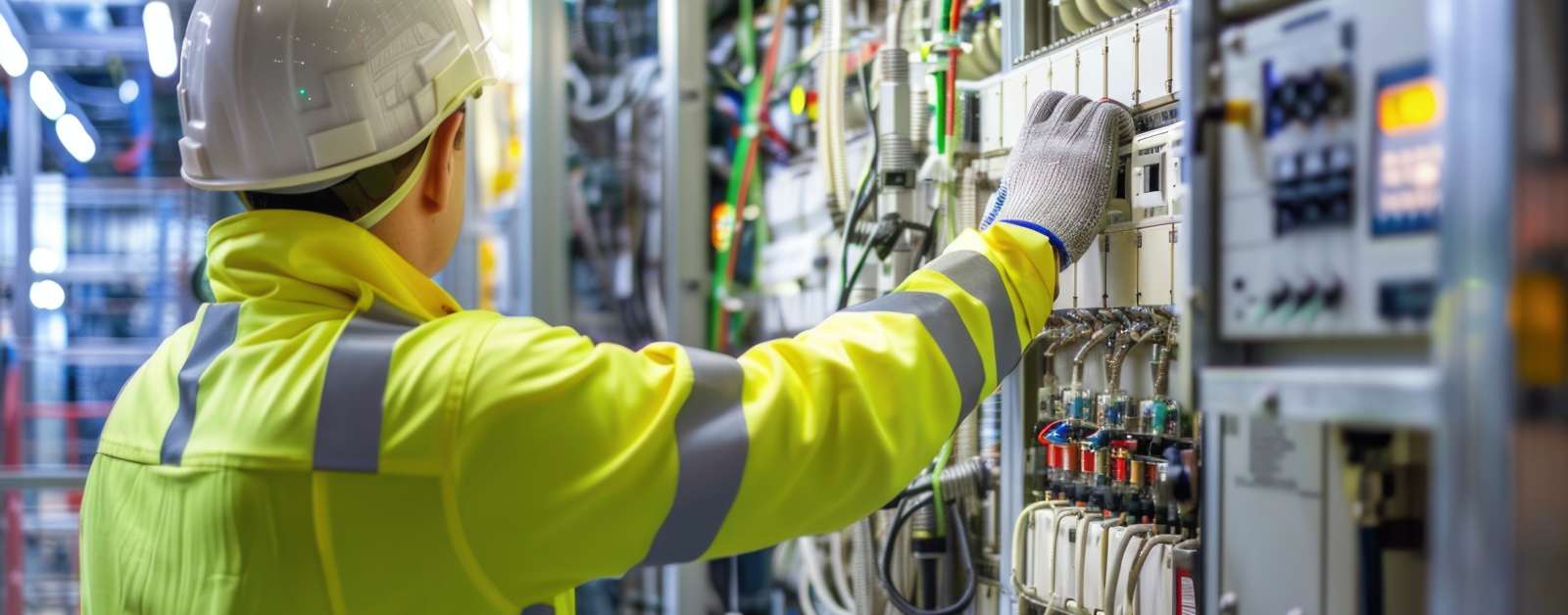Ever wondered what makes sure our power stations, substations, and big factories run safely and smoothly? The answer is high voltage commissioning. This important process checks that high voltage equipment works as it should before it’s switched on. It’s a step you can’t skip if you want to avoid dangerous faults and costly breakdowns.
Let’s break down what high voltage commissioning is, why it matters, and how it’s done in Australia.

What Is High Voltage Commissioning?
High voltage commissioning is a careful check and test of electrical systems that run at high voltages—usually anything above 1,000 volts. Before any of this equipment is turned on, experts make sure it’s installed correctly and works safely. This process is used in places like power stations, wind farms, solar farms, and big factories.
In Australia, there are strict rules and standards for high voltage work. Only trained and licensed professionals are allowed to do this job. Every step is recorded to make sure everything is safe and up to standard.
Why Is High Voltage Commissioning So Important?
High voltage commissioning is all about safety and reliability. It helps to:
- Keep People Safe: Testing finds problems before they can hurt someone.
- Avoid Blackouts: It makes sure the power stays on and equipment doesn’t break down.
- Save Money: Finding and fixing issues early stops expensive repairs later.
- Meet the Rules: Australian laws require proper testing before using high voltage systems.
- Help the Environment: Well-tested systems use less energy and are better for the planet.
Skipping this step can lead to dangerous accidents, fines, and long outages.
How Does High Voltage Commissioning Work?
Commissioning is done in a few simple steps:
1. Planning and Checking:
Experts look over the plans and check that everything is installed as it should be. They make sure all the parts are in the right place and nothing is missing.
2. Testing Each Part:
Every piece of equipment, like transformers and circuit breakers, is tested one by one. This makes sure each part works properly.
3. Testing the Whole System:
Once the parts are checked, the whole system is tested together. This shows if everything works well as a team.
4. Safety Checks:
Extra tests are done to make sure the system is safe for people to use. This includes checking safety switches and alarms.
5. Final Sign-Off:
After all tests are passed, the experts write a report and hand over the system for use.
What Equipment Gets Tested?
Some of the main things checked during high voltage commissioning include:
- Transformers (which change the voltage up or down)
- Circuit breakers and switchgear (which turn power on and off safely)
- Relays and control systems (which protect the system if something goes wrong)
- Communication systems (which help different parts of the system talk to each other)
Common Challenges and Good Practices
High voltage commissioning can be tricky. It needs skilled people, the right tools, and careful planning. The best results come from:
- Using experienced professionals
- Following safety rules at every step
- Keeping good records for future checks
- Using up-to-date testing equipment
High Voltage Commissioning for Renewables
With more wind and solar farms popping up across Australia, high voltage commissioning is more important than ever. It helps new green energy projects connect safely to the power grid and deliver reliable electricity from day one.
Frequently Asked Questions
What happens if you skip commissioning?
You risk dangerous faults, equipment damage, and even breaking the law. It’s not worth the risk.
How long does it take?
It depends on the size of the project, but good planning helps things run smoothly.
Who should do the commissioning?
Only licensed and trained professionals should do high voltage commissioning in Australia.
Conclusion
High voltage commissioning is a must for any big electrical project. It keeps people safe, systems reliable, and businesses running. If you’re in Melbourne and need high voltage testing or commissioning, Prot Assist is here to help. Contact us now for inquiry.